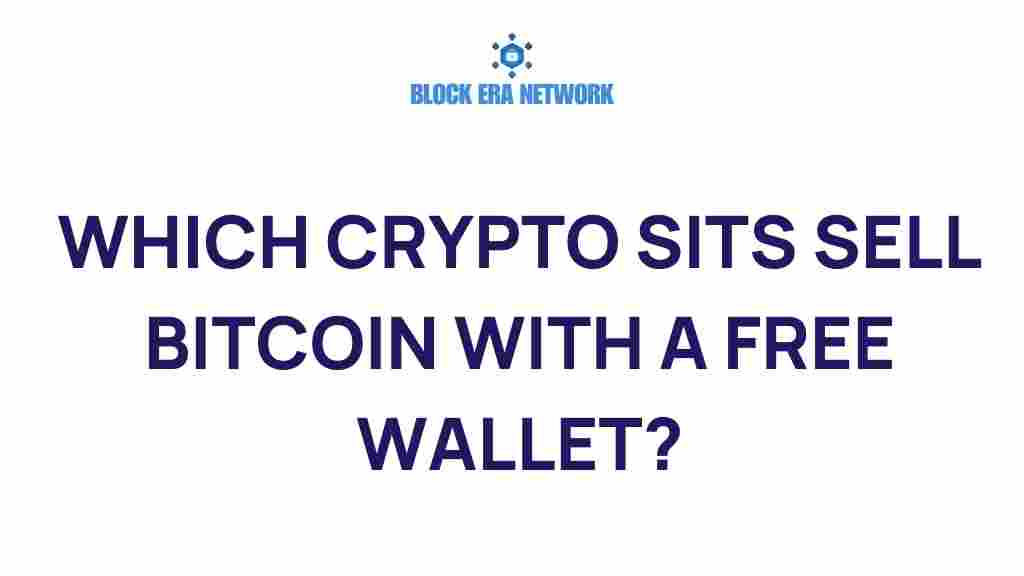Which Cryptocurrency Can Replace Bitcoin?
The cryptocurrency market is rapidly evolving, and Bitcoin, while dominant, is no longer the sole option for investors and enthusiasts. With scalability, sustainability, and transaction efficiency becoming increasingly important, many wonder: *Which cryptocurrency can replace Bitcoin?* In this article, we’ll delve into viable alternatives, the features that make them stand out, and how you can secure a *free wallet* to start your journey.
Understanding Bitcoin’s Dominance
Bitcoin, the pioneer cryptocurrency, laid the foundation for decentralized digital currencies. Its limited supply of 21 million coins, robust security, and first-mover advantage have cemented its place as a digital gold standard. However, challenges like high energy consumption, slow transaction speeds, and increasing fees have sparked debates over its long-term sustainability.
Criteria for a Bitcoin Replacement
For a cryptocurrency to potentially replace Bitcoin, it should address the following key factors:
- Scalability: Ability to handle a large volume of transactions efficiently.
- Sustainability: Lower environmental impact and energy efficiency.
- Security: Robust mechanisms to prevent fraud and hacking.
- Adoption: Widespread acceptance by merchants, users, and institutions.
- Innovation: Unique features that solve real-world problems.
Top Contenders to Replace Bitcoin
Here are some of the most promising cryptocurrencies that could potentially replace Bitcoin:
1. Ethereum (ETH)
Ethereum is a versatile blockchain platform known for introducing smart contracts. It enables developers to create decentralized applications (dApps) and is transitioning to Ethereum 2.0, a proof-of-stake (PoS) model that significantly reduces energy consumption.
- Advantages: Smart contract functionality, extensive developer community, scalability improvements with Ethereum 2.0.
- Challenges: High gas fees and competition from newer blockchains.
2. Binance Coin (BNB)
Initially created as a utility token for the Binance exchange, Binance Coin has evolved into a comprehensive ecosystem. It is widely accepted for transaction fees, trading, and other services within Binance’s ecosystem.
- Advantages: Low fees, high transaction speed, strong backing by the Binance platform.
- Challenges: Centralized nature raises concerns for decentralization advocates.
3. Cardano (ADA)
Cardano is a blockchain platform focusing on sustainability and scalability through its PoS consensus mechanism. It is scientifically driven, with a commitment to rigorous peer-reviewed research.
- Advantages: Low energy consumption, strong research backing, and ongoing updates.
- Challenges: Slower development pace compared to competitors.
4. Solana (SOL)
Known for its ultra-fast transaction speeds and low costs, Solana has positioned itself as a leader in scalability. It’s an excellent choice for decentralized finance (DeFi) and NFT projects.
- Advantages: Lightning-fast transactions, minimal fees, and vibrant ecosystem.
- Challenges: Occasional network outages and centralization concerns.
5. Ripple (XRP)
Ripple focuses on facilitating fast and low-cost cross-border payments. Its partnerships with financial institutions make it a practical choice for remittances.
- Advantages: High transaction speed, low fees, and institutional adoption.
- Challenges: Ongoing regulatory issues, especially in the U.S.
How to Get Started with a Free Wallet
To safely store and manage your cryptocurrency, you need a reliable wallet. Many platforms offer *free wallet* options, making it easier to dive into the crypto world. Here’s how you can set one up:
- Choose a Cryptocurrency Wallet: Decide between hardware, software, or web wallets. For beginners, software wallets like Trust Wallet or MetaMask are user-friendly and free.
- Download and Install: Go to the official website or app store to download your chosen wallet. Be cautious of fake apps to avoid scams.
- Create an Account: Follow the setup instructions to create an account. Make sure to write down your seed phrase and store it securely.
- Transfer Funds: Once set up, you can transfer cryptocurrency from exchanges to your wallet using your wallet address.
Explore Trust Wallet for a secure and free option to store your cryptocurrency.
Troubleshooting Wallet Issues
Encountering problems with your wallet? Here are some common issues and solutions:
- Cannot Access Wallet: Double-check your credentials and seed phrase. Contact support if you suspect a security breach.
- Funds Not Showing: Ensure the transaction is confirmed on the blockchain. You can track it using a blockchain explorer.
- Compatibility Issues: Update your wallet app or switch to a desktop version if mobile isn’t functioning correctly.
Conclusion
While Bitcoin remains the cornerstone of the cryptocurrency world, alternatives like Ethereum, Binance Coin, Cardano, Solana, and Ripple show promise in addressing its limitations. As the industry grows, choosing the right cryptocurrency involves understanding your goals, preferences, and the available tools, including a *free wallet* for secure transactions.
To learn more about cryptocurrency trends, check out our comprehensive guide for beginners.
This article is in the category and created by Block Era Network Team
